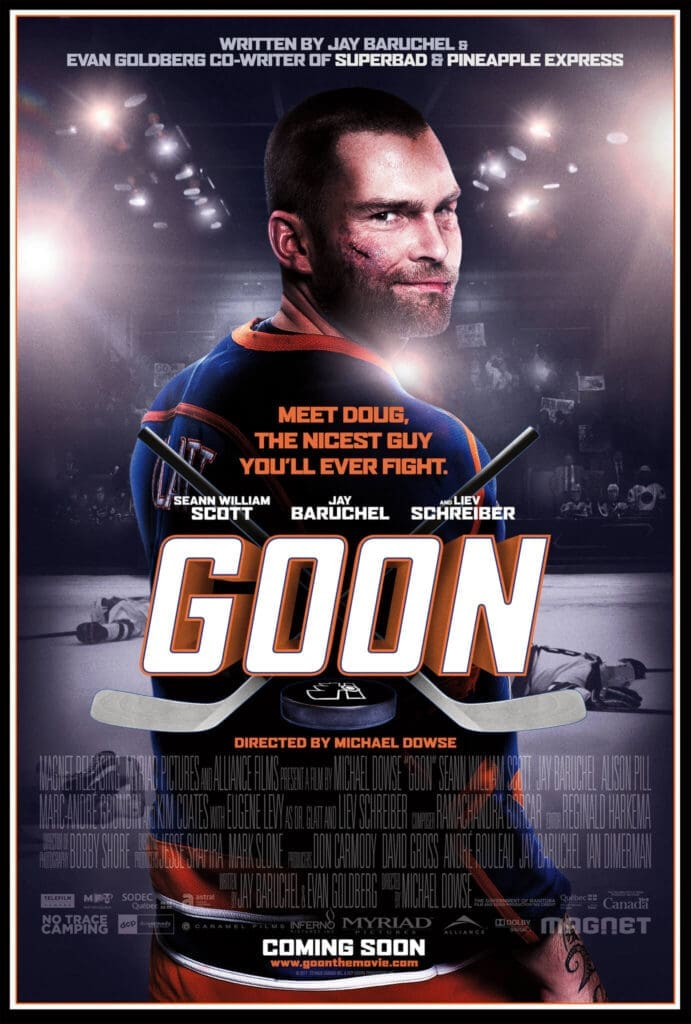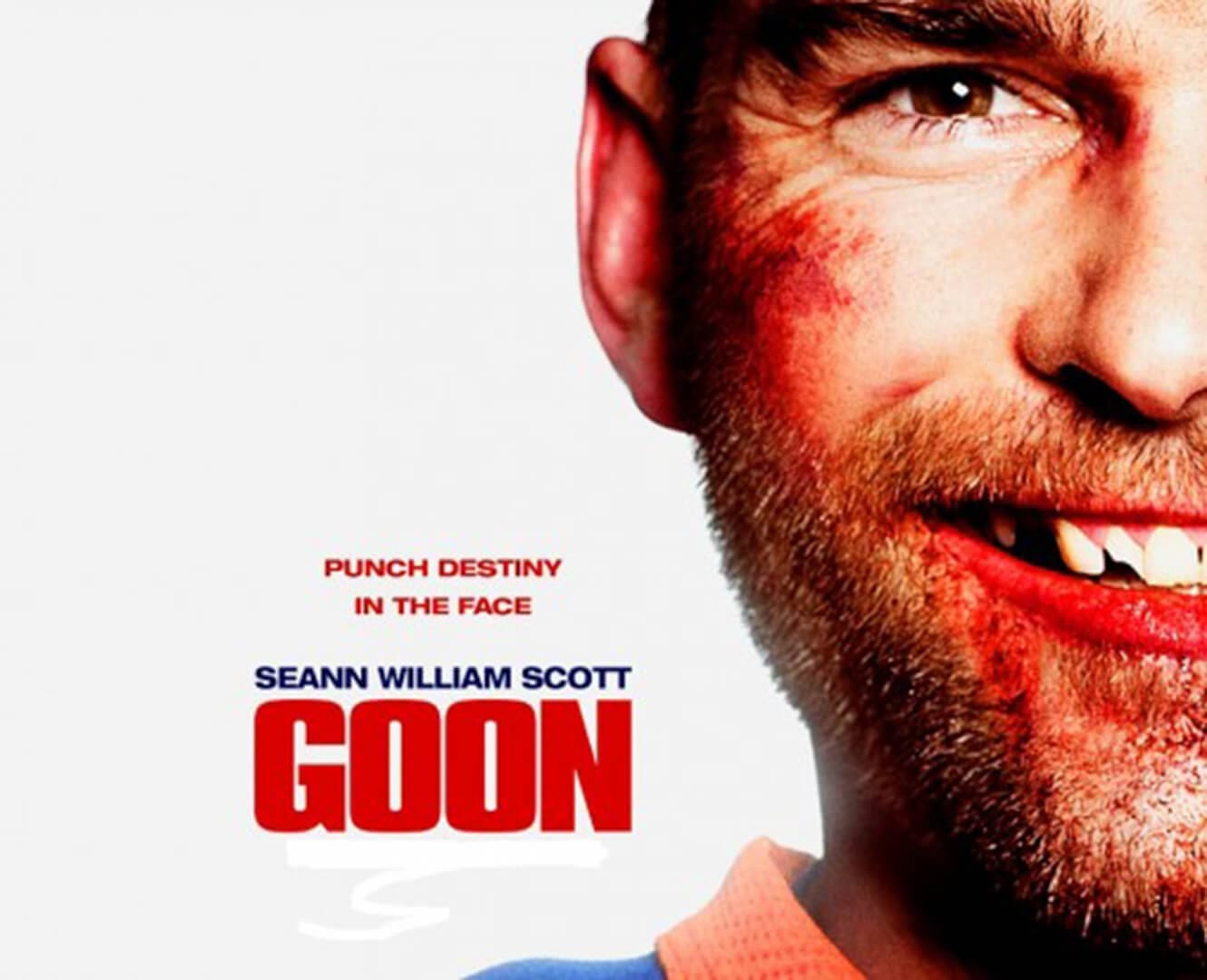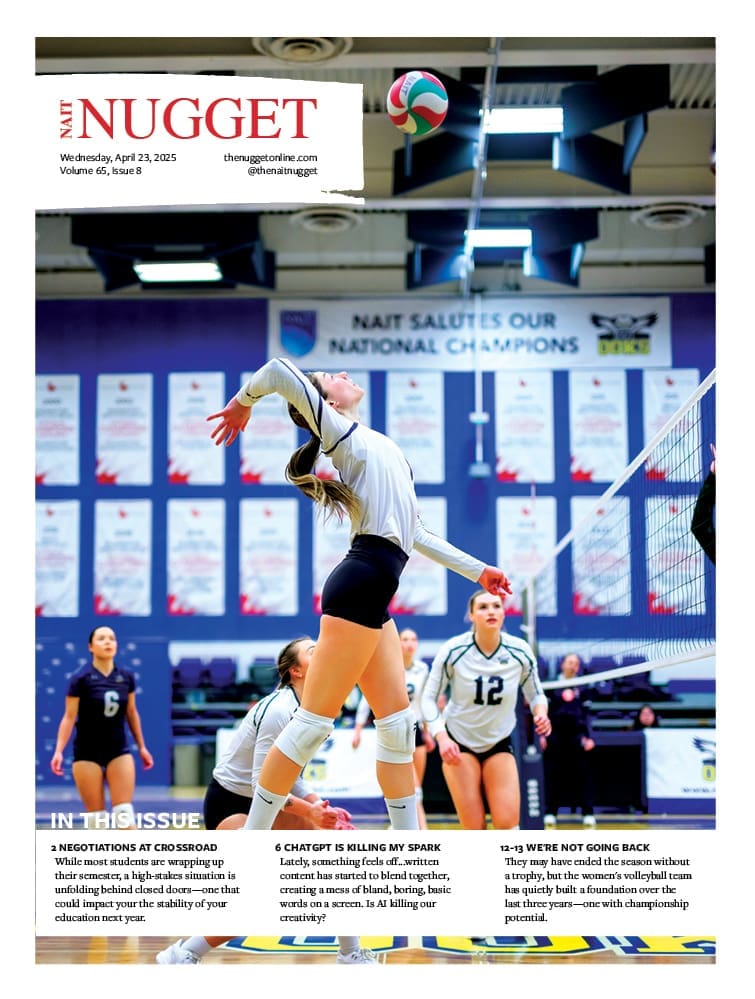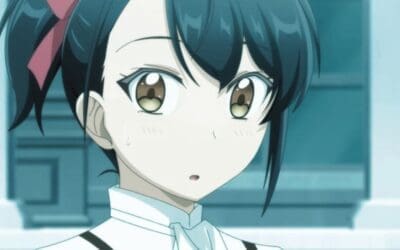As entertainment platforms, sport and film share a great deal of similarities in that they showcase culture, identity, and camaraderie.
Canada’s national sport, hockey, has long been inextricably linked with the Canadian national identity, and is thus a symbol of national pride. The Canadian sports cinema uses many of the same tropes as general sports cinema, but is generally identifiable by its use of hockey as the pillar sport and that the on-screen characters portray the stereotypical Canadian mannerisms.
The narrative sports film in many ways follows the monomyth suggested by Joseph Campbell’s “Hero’s Journey”. The hero receives a call to action, is aided in setting off on their journey, faces challenges and temptations, undergoes a death and rebirth leading to revelation, transformation, atonement, and a return to ‘home’, but never to be the same. This explains why sports films always have a glow of inspiration, because they make obvious the heroism that is involved in finding success in sports.
When looking through the catalogue of Canadian sports films, one stands above the rest as displaying Canadian sports culture with wit and whimsy: Goon.
Goon checks off most if not all the boxes to mark it as a Canadian film. It is directed by a Canadian, Michael Dowse, written by a group of Canadians, Jay Baruchel and Evan Goldberg, and the film revolves around Canada’s national sport and is set in Halifax.
The only box it fails to check is having the star role be played by a Canadian, but that’s less important, because the star role is an American who comes to Canada as an outsider to the game and the culture, and the acting by Sean William Scott is sublime. He was made for this role.
Goon follows Doug Glatt (Sean William Scott), a Masschusettes bumpkin bartender whose friend Pat (Jay Baruchel) takes him to a minor league hockey game where a brawl in the stands with one of the on-ice players ends with Doug beating the player up with ease.
Doug, who feels undermined by his family and unfulfilled in his life, is given the opportunity to play the role of ‘enforcer’ for a minor league hockey team, and quickly makes a name for himself as ‘Doug the Thug’.
The movie gives the viewer a looking glass perspective of the ‘enforcer’ in hockey, and unveils the problematic nature of violence in the game of hockey.
Pat, who is an internet hockey pundit, helps Doug achieve repute, and he is eventually brought up to the Halifax Highlanders to protect a highly-touted Quebecois prospect, Alexander Laflamme (Marc-Andre Grondin), a crestfallen superstar whose problems with substance abuse and loss of status also pull the curtain on some of the identity issues that are present with hockey stars who are lionized by the public.
As Doug gains further notoriety, he finds a love interest with a girl who one might call a ‘puck bunny’, a girl who pines after hockey players for their cultural status.
Moreover, Doug finds himself drawing the ire of the superstar he was hired to protect, and becomes ensconced in a feud with another ‘enforcer’, Ross “The Boss” Rhea (Liev Schreiber), who has gained repute for his overt on-ice violence.
Through an emotionally-moving montage of Doug’s rise to success, his greatest challenge is presented in a matchup with Ross “the Boss” and the St. John’s Shamrocks to determine if the Highlanders will make the playoffs. In the game prior, Doug takes a puck to the face and injures his ankle, stripping him of his power and throwing him into his darkest hour.
The movie uses the emotional seriousness of the injury to resolve Doug’s life off the ice. He ends up getting the girl, who broke up with her boyfriend to be with Doug, and Doug allows her ex-boyfriend to beat him up, because that’s the kind of honourable dimwit that he is.

Photo via IMDb
A weighty scene in a bar ahead of the big game with the Shamrocks has Doug “the Thug” and Ross “the Boss” talk turkey about what it means to be an enforcer, which really unveils the nature of what it means to be a violent man in a skilled game.
In the end, a battered up Doug has a Rocky-esque fight with Ross and takes some lumps before rising up to eclipse his rival, who takes it in stride knowing he lost to a worthy foe. Doug is too injured to continue, but the team rallies around his pugnacious spirit, and Laflamme scores a natural hat trick to provide atonement for not only Doug, but to the team, and himself.
Goon is not a perfect film, but no sports film really is, well, besides maybe the original Rocky.
Goon is, however, an important film for a handful of reasons. It tells a heartwarming story, does itself a service in being as obtuse as its main character, and gives raw depictions of the issues that are present within hockey.
A comedy on the surface, Goon bluntly shows how the public lionization of fighting in hockey is problematic. Yes, Doug needed to channel violence for his team to win, but the movie shows that his real victory is finding self-determination outside of the violence.
The portrayal of Canadians in the movie is somewhat forthright, but the on-screen caricatures of Canadians are apt to show the kinds of people that obsessive hockey culture can create. The diva superstar, the neebly provocative savant, the puck-bunny, and of course, the enforcer.
Goon is playful, witty, violent, hilarious, and serious all wrapped in one. No other Canadian sports film is worthy of holding the jock strap of Goon. It is simply the best.






